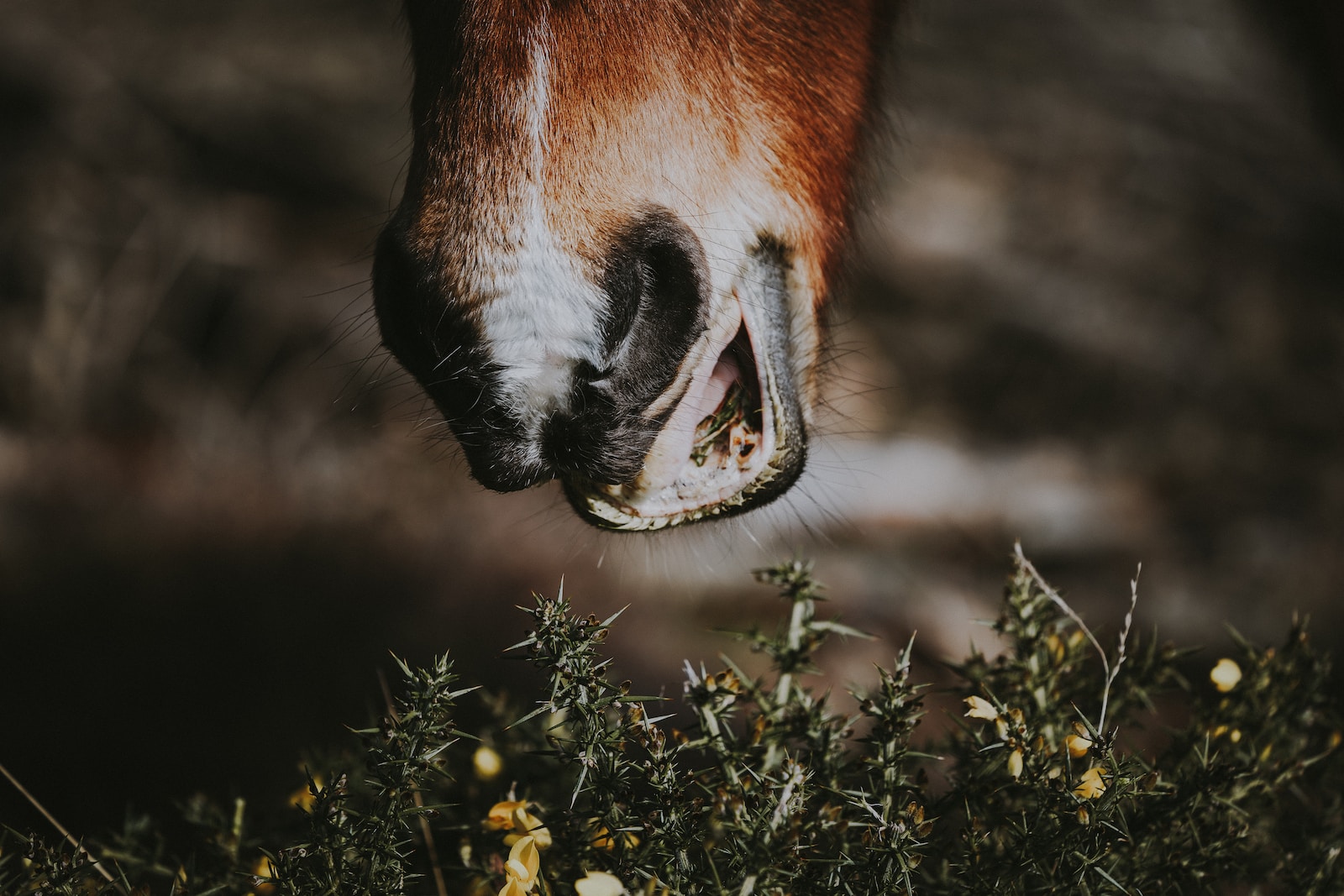What Weed Killer is Safe for Horses: A Comprehensive Guide
When it comes to maintaining a healthy environment for your horses, one essential consideration is weed control. Weeds not only compete with your horse’s pasture grass for nutrients but can also pose serious health risks if ingested. This comprehensive guide will explore the various weed killer options that are safe for horses, ensuring your equine companions can graze freely without harm.
What Weed Killer is Safe for Horses
To answer the critical question, “What weed killer is safe for horses?” we’ll delve into a variety of effective and horse-friendly solutions. From natural remedies to commercial products designed specifically for equine safety, you’ll find a range of options to suit your needs.

Understanding the Weeds
Before we get into the solutions, it’s important to identify common weeds that can be harmful to horses. Some of these include:
- Ragwort: This yellow-flowered weed contains toxins that are dangerous if ingested.
- Bracken Fern: Bracken fern can cause equine neurological issues.
- Hemlock: Hemlock is highly toxic and can be fatal to horses.
- Thistles: While not usually fatal, thistles can harm your horse’s mouth and digestive system.
Natural Weed Control
One of the safest approaches to weed control around horses is using natural remedies. These methods are eco-friendly and pose no harm to your equine friends. Here are some effective natural weed control techniques:
- Hand Pulling: The simplest method is to manually remove weeds by hand, ensuring the safety of your horses.
- Vinegar and Salt Solution: A mixture of vinegar and salt can effectively kill weeds without posing any harm to horses.
- Mowing: Regular mowing can prevent weeds from going to seed and spreading.
- Grazing Rotation: Rotating pastures can help control weed growth as horses selectively graze, reducing weed competition.
Commercial Weed Killers
For more persistent weed problems, commercial weed killers designed with horse safety in mind can be a viable option. Look for products that are explicitly labeled as safe for horses. These solutions often contain ingredients that target weeds while sparing your equine companions.
Frequently Asked Questions

Q: Are natural weed control methods safe for horses?
Yes, natural weed control methods like hand pulling and vinegar solutions are safe for horses and the environment.
Q: How can I prevent weed growth in my horse pasture?
Regular mowing and rotational grazing are effective strategies for preventing weed growth.
Q: Can I use regular weed killers around horses?
No, it’s crucial to use weed killers specifically labeled as safe for horses to avoid harming your equine friends.
Q: Are there any signs that my horse has ingested toxic weeds?
Signs of weed toxicity in horses can include drooling, colic, lethargy, and changes in behavior. Contact your veterinarian immediately if you suspect weed ingestion.
Q: How often should I check my pasture for weeds?
Regularly inspect your pasture for weeds, especially during the growing season, to address weed problems promptly.
Q: What’s the best time to apply weed control measures?
Early spring and late summer are ideal times to tackle weed control, as weeds are actively growing during these periods.
Conclusion
Ensuring your horses graze in a safe and weed-free environment is essential for their well-being. By understanding the types of weeds to watch out for and choosing the right weed control methods, you can create a pasture that’s not only lush and healthy but also safe for your equine companions.
Remember, the key to effective weed control around horses is to stay informed, take proactive measures, and prioritize their safety above all else.

Leave a Reply